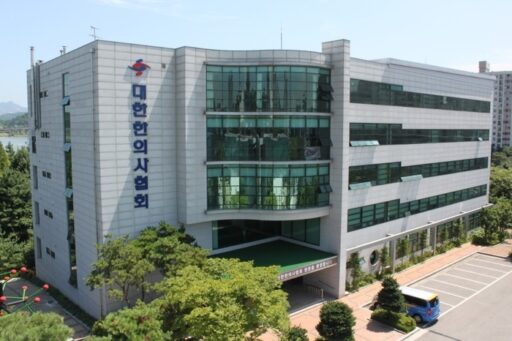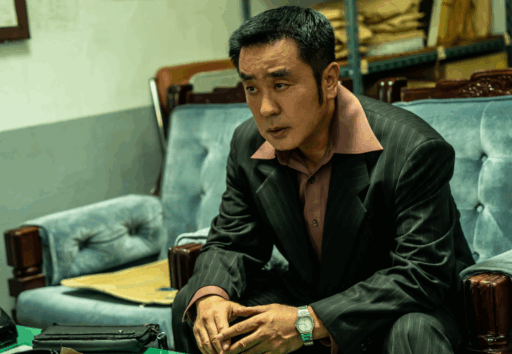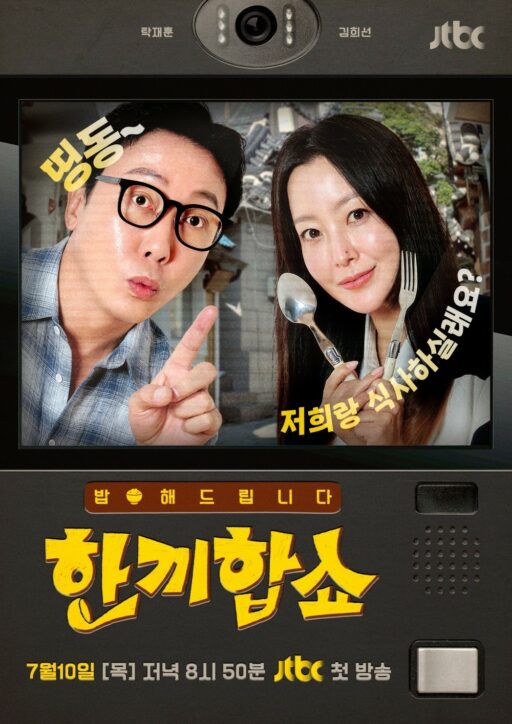The Expansion of the Role of Korean Medicine Practitioners is Essential to Prevent a Recurrence of Medical Crises
To prevent a "second medical crisis," it has been argued that the monopolistic authority concentrated in Western medicine should be distributed, and the roles of Korean medicine practitioners should be expanded.
According to a statement released by the Korean Medical Association (KMA) on the 11th, while the recent medical crisis appears to be coming to an end, a public petition against preferential treatment for medical students and residents has surpassed 92,000 signatures as of the 8th, indicating that public concern remains high.

The KMA pointed out that this medical crisis is not merely a problem of workforce shortage, but rather arises from government policies swayed by the Western medical community for decades and the distorted monopolistic structure formed around Western practitioners.
To transition to a sustainable healthcare system, it emphasized the need to dissolve the monopolistic structure of Western medicine, and to actively utilize Korean medicine practitioners, in line with the unique characteristics of the dual healthcare system in the Republic of Korea.
Improving Medical Services through the Expansion of Korean Medicine Practitioners' Authority
Specifically, the KMA demanded that Korean medicine practitioners be granted the authority to administer vaccinations, conduct health screenings, and utilize medical devices.
Despite the Infectious Disease Control and Prevention Act assigning various duties and roles in infectious disease management to Korean medicine practitioners, vaccination authority is not currently permitted.

The KMA criticized that "the World Health Organization (WHO) recognizes the possibility of safe vaccinations through various healthcare professions besides Western practitioners," and pointed out that "in developed countries such as the United States, Canada, the EU, and Australia, nurses and pharmacists are also allowed to administer vaccinations, while in our country, this monopolistic authority is granted only to Western practitioners."
It also noted that in the health screening field, although Korean medical institutions are included in the Basic Health Screening Act, clinics for Korean medicine are not recognized as the main entities conducting health screenings.
While participation of Korean medicine practitioners is legally possible, the reality is that their exclusion is due to the inadequacies of enforcement regulations and subordinate laws, which need to be improved.
In terms of the use of medical devices, despite the Constitutional Court and Supreme Court's rulings recognizing the authority of Korean medicine practitioners to utilize modern medical devices, the Ministry of Health and Welfare has delayed follow-up administrative actions such as reimbursement and amendments to implementation rules, further restricting practical use, according to the KMA.
The KMA emphasized, "We must improve laws and systems so that Korean medicine practitioners can freely conduct diagnoses and treatments using vaccinations, health screenings, medical devices, and pharmaceuticals, to prevent a second medical crisis." There is an increasing call to address the structural problems in the healthcare system highlighted by this medical crisis, and to establish a more stable and sustainable medical service system through the expansion of the role of Korean medicine practitioners.
Image source: Photo provided by the Korean Medical Association, reference photo for understanding the article / gettyimagesbank


